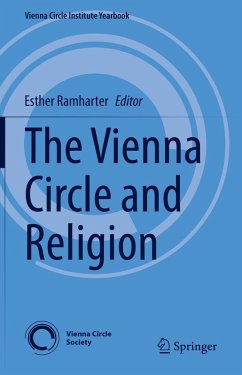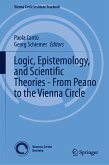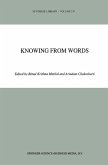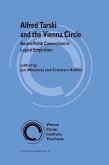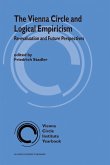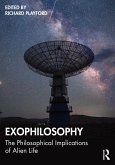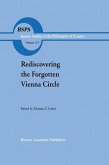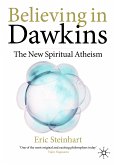This book is the first systematic and historical account of the Vienna Circle that deals with the relation of logical empiricists with religion as well as theology. Given the standard image of the Vienna Circle as a strong anti-metaphysical group and non-religious philosophical and intellectual movement, this book draws a surprising conclusion, namely, that several members of the famous Moritz Schlick-Circle - e.g., the left wing with Rudolf Carnap, Otto Neurath, Philipp Frank, Edgar Zilsel, but also Schlick himself - dealt with the dualisms of faith/ belief and knowledge, religion and science despite, or because of their non-cognitivist commitment to the values of Enlightenment. One remarkable exception was the philosopher and Rabbi Joseph Schächter, who wrote explicitly on religion and philosophy after the linguistic turn. The book also covers another puzzling figure: the famous logician Kurt Gödel, who wrote on theology and the ontological proof of God in his so far unpublished notebooks. The book opens up new perspectives on the Vienna Circle with its internal philosophical and political pluralism and is of value to philosophers, historians and anybody who is interested in the relation between science and religion.
Dieser Download kann aus rechtlichen Gründen nur mit Rechnungsadresse in A, B, BG, CY, CZ, D, DK, EW, E, FIN, F, GR, HR, H, IRL, I, LT, L, LR, M, NL, PL, P, R, S, SLO, SK ausgeliefert werden.

